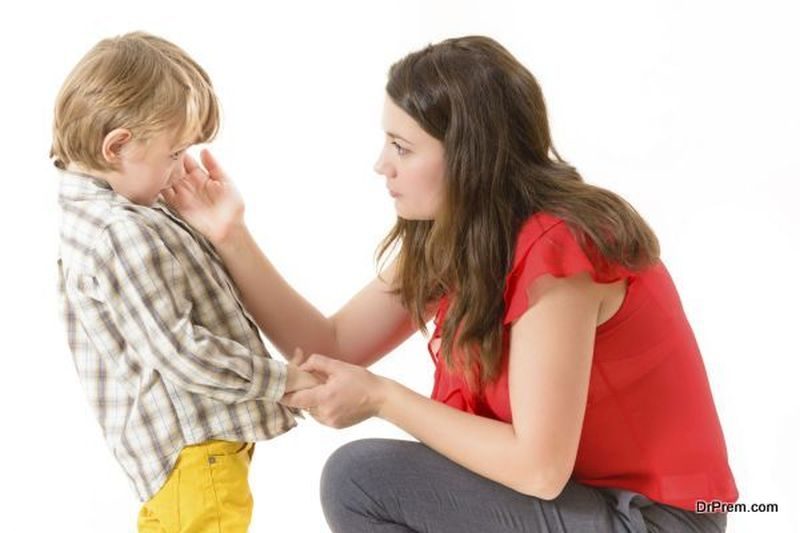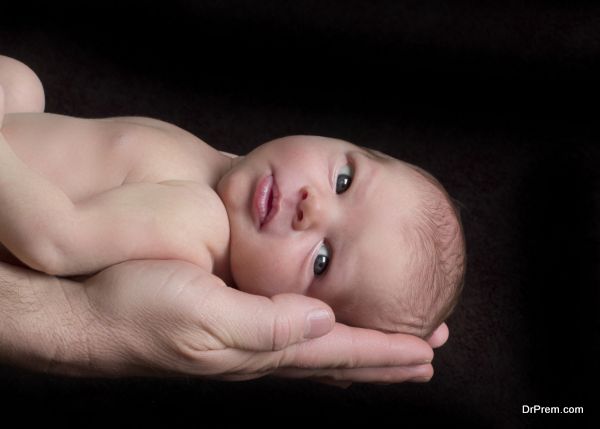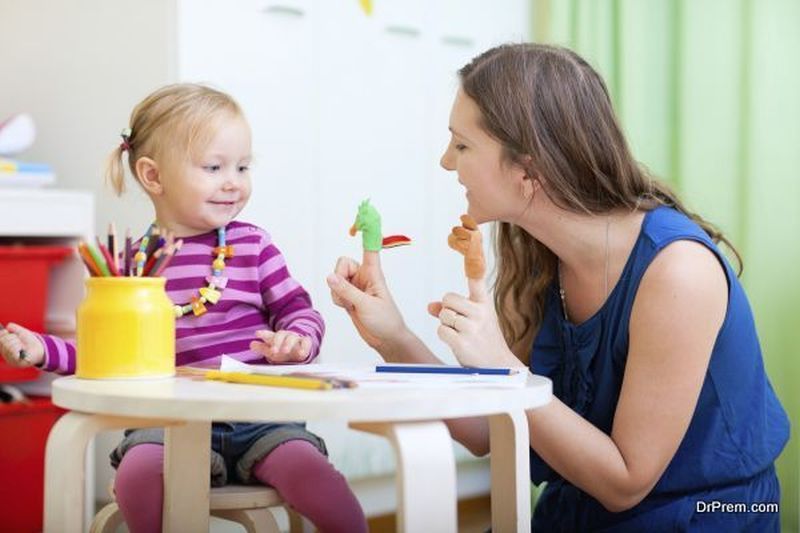A developmental delay is when a child fails to reach the expected developmental milestone. For example, by the age of six months, most children should be able to roll over by themselves. This is not to say that a child who doesn’t reach a developmental milestone on time has a problem or is sick, but it can be an indication of an underlying issue, which may need to be addressed. In many cases, children may reach their developmental milestones slightly faster or slower, simply because that is how they develop, with no underlying issues to worry about.
Language And Speech

Delays involving the development of speech and language are very common, and the ages that children develop their speech and language abilities vary a lot between each child, and even between siblings. It’s normal for children to go through ‘spurts’ where they will suddenly develop more skills in language and speech, and then remain stagnant for a while. Many parents are confused about the difference between speech and language, but there is one. Speech refers to how well your child is able to communicate verbally, and language refers to your child’s ability to express themselves and understand theinformation being told to them.
Motor Skills
There are two main types of motor delay: gross motor delay and fine motor delay. Gross motor delay refers to your child’s ability to crawl or walk or roll over, or any other large physical movement involving most of the body. Fine motor delay refers to your child’s ability to use their fingers properly, such as their ability to hold a pencil or use a knife and fork. The Healthychildren.org motor delay tool for parents will help you find out whether it is worth paying a visit to the doctor.
Visual Delays

New-born babies are not born with fully developed vision, so their vision is usually very blurry but will become less so over time. If you suspect that your baby’s vision is not improving, this could be a sign of a visual delay. If your child doesn’t follow moving objects with their eyes or seems to constantly have tears in their eyes, it could be a good idea to check in with a doctor.
Cognitive Delays
Cognitive delays are often the more serious types of delays and can be more difficult to spot. They are when a child develops problems with the way they think and are sometimes in more severe cases called an intellectual disability. There can be a variety of causes for cognitive delays, but early identification and treatment can usually help.
Social And Emotional Delays
A social or emotional delay refers to a problem in the way your child interacts with other people.They may appear reclusive, unable to share, angry or easily upset or scared of other people, especially adults. It is normal for young children and babies to experience separation anxiety when they are parted from their caregiver, but if they are showing persistent signs of struggling to interact with others, it’s a good idea to get a check-up.
Always consult a doctor if you are concerned about any aspect of your child’s development.
Article Submitted By Community Writer




